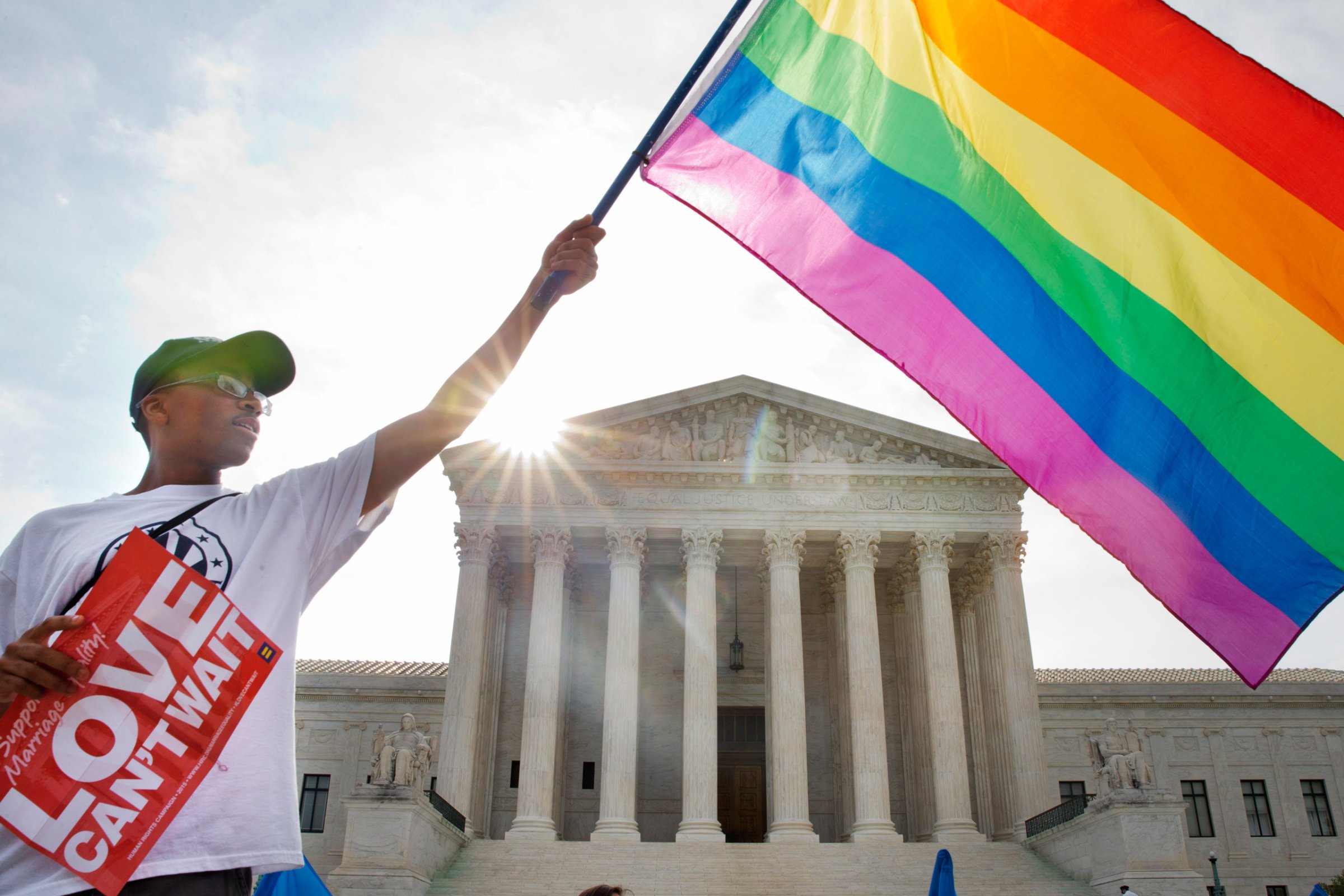
By all measures, 2015 will be remembered as a banner year for LGBT rights in the United States.
The Supreme Court gave gays and lesbians the right to wed. Popular culture and public opinion continued to increasingly accept transgender identities and same-sex relationships. Corporate advocacy beat back state religious-freedom laws that would have provided a defense for discrimination. And there are more than 450 openly gay elected officials currently serving across the country.
But backers don’t expect the good news to continue, at least in the short term. Donors, activists and LGBT elected officials who gathered at the end of the year in Las Vegas to take stock of the movement were surprisingly grim on the prospects for 2016.
“We don’t have time to sit around and pat ourselves on our backs,” said Aisha Moodie-Mills, the president and CEO of the Gay and Lesbian Victory Institute. “As we’re doing that, our opposition is running vile, hateful, nasty campaigns and getting rid of basic human-rights protections.”
There are many good reasons for their pessimism, and none of them are simple. Washington politics remains deadlocked, with Republicans unwilling to back advocates’ next big goal: a law that would make it illegal to fire, evict or expel LGBT individuals because of who they are. Odds aren’t much better in cities or states, either. Local conservatives, meanwhile, are preparing counter-assaults to mirror the one they led in November, when voters in Houston stripped legal protections from LGBT citizens. Their focus? A campaign featuring the idea of predatory men loitering in women’s bathrooms. To top it off, there are emerging divisions among LGBT leaders on how best to maintain the momentum and who should lead the next stage of the effort.
In short, anyone predicting what comes next for gay rights is likely to offer little more than a guess. In interviews with more than 25 leaders of LGBT organizations, donors and activists, a fractured picture emerges that suggest little agreement about what should—or even what can—come next.
Most advocates agree that the fight will have to take hold outside Washington, where the discussion continues but little else is happening. There are no federal non-discrimination laws for LGBT Americans, and the Supreme Court’s marriage ruling only made things murkier. The oft-cited example is that a gay man can marry his husband on Saturday, be evicted from his home on Sunday and be fired from his job on Monday.
Read More: LGBT Leaders Warn of Looming Gay Rights Backlash
Sen. Jeff Merkley of Oregon and his allies are pushing new federal protections to defend the rights of LGBT Americans, but so far they have not found a single Republican supporter in a Congress where the GOP calls the shots. That hasn’t deterred Merkley, who keeps pushing his colleagues, especially Republicans he think he can win over with the argument that LGBT rights are civil rights. “Fundamentally, fairness is embedded in our Constitution,” he says as often as his colleagues will listen. “This goes beyond marrying the person you love. Everyone should be able to sit down at that restaurant’s table.”
Yet, it is a slog. Those who helped Merkley write his anti-discrimination law hold little hope that it can pass in 2016. “This Congress right now can’t keep their lights on, let alone pass the Equality Act,” says Chad Griffin, the head of the nation’s largest LGBT-rights group, the Human Rights Campaign. Instead, Griffin is laying the groundwork for after the 2016 election, assuming a Democratic President wins.
The key to making inroads with the GOP, activists believe, will be attracting new corporate -support, like the advocacy from businesses and community groups that helped sink plans in Indiana and Georgia to make religion a legal justification for discrimination. But some now worry that the corporate backing could ebb in the face of renewed efforts to create religious carve-outs. Georgia conservatives are aiming to try for new legislation again in 2016, and the corporate objections have yet to publicly materialize again. Business leaders have unveiled studies that suggest the legislation could have an economic impact as high as $2 billion each year in Georgia alone. Such financial arguments, which were tried in Houston, may not be enough to override deeply held religious beliefs. “There are limits to [how far] you can move the needle before religion steps in,” says Alex Wan, an openly gay member of the Atlanta City Council.
Working with business is a model that’s been used before against tougher odds, albeit on a smaller scale, to fight Republican majorities. Take for instance Florida’s Hillsborough County, home to Tampa. In 2005, the county commission effectively banned any markings for gay pride month. “Basically, there was no discussion. It literally took a minute and 44 seconds,” said Kevin Beckner, who in 2008 became the first openly gay man elected to that panel and went to work dismantling it with the backing of some high-profile friends, including the Tampa Bay Buccaneers.
Read More: Hillary Clinton Pledges to Defend LGBT Rights
“I viewed the Far Right as the 800-pound gorilla in the room. They’re the ones who had the political clout and they’re the ones who came out in big numbers,” Beckner said. “It was the business community that came out. They became the 1600-pound gorilla in the room. They gave my colleagues a platform to stand on.”
But, as is happening now on the national level, there remained deep divisions among LGBT activists in the Tampa area, even after the Republican-majority commission scrapped their ban on pride celebrations. “Not everyone in the LGBT community embraced the idea of equality with economics. There was grumbling. ‘How dare you talk about our rights in terms of economics? This isn’t about economics. This is about human dignity,’” Beckner remembers. “We think people should be where we’re at today and we should see everything through the same lens.” That seldom is the case, he adds.
Even inside activist circles, the sniping is pronounced. Identity politics is also starting to cause friction within the gay-rights movement itself. To call it the “gay community” or the “gay agenda” has always been folly, much like lumping Mexican-, Brazilian- and Cuban-Americans into one pile and saying they represent the “Hispanic community.” No, inside each group exist many poles on which each tribe hangs priorities, goals and expectations.
For years, LGBT groups have had an uneasy détente amongst themselves. Disagreements over tactics and personalities were fought within the family, although they occasionally spilled into the public, as they did when activists considered how to strategize how to force the issue of same-sex marriage. Some wanted a piecemeal approach to gay rights, to chip away at anti-LGBT laws in small pieces. Some pushed hard for marriage equality and nothing less. Others pushed a civil rights argument, while others tried to make the economic argument that same-sex marriage is good business. Leaders of sparring factions were competing for the same pot of dollars from well-meaning patrons, and one camp’s victory meant another’s loss.
Activists have begun more openly objecting to the fact that the movement is still largely led by white men of means and has not focused enough on transgender issues and financially insecure populations. Groups are also struggling with a funding shortfall, especially from low- and mid-dollar donors. “Marriage blocked out the sun because that was the thing that people who were otherwise financially secure wanted,” said Nadine Smith, co-founder and CEO of Equality Florida. “The funding has dried up for what remains on the agenda.”
But not completely. Even after the Supreme Court’s marriage ruling, the Human Rights Campaign still sold out its annual black-tie dinner in Washington. Software entrepreneur Tim Gill and his husband Scott Miller plan to spend $130 million over the next five years on advocacy—on top of the $327 million they’ve already given. Corporate support for institutional LGBT groups remains solid; gay consumers, after all, are loyal to their friends.
Some of the effort in 2016 will be about persuading Republicans to come along, said Miller, the vice chairman of his family’s foundation. “We are going to need moderate and centrist Republicans who are on this issue with us,” Miller said. “The fact of the matter is the Congress is controlled by Republicans.”
For him, it’s not about whether he likes the people at the table or not. “We can either be ideological purists or we can be pragmatic,” said Miller. Not everyone agrees with that approach, even among those pushing for LGBT rights.
Republicans remain a tough sell. While most leading GOP White House hopefuls are reluctant to continue fighting this cultural shift, the rank-and-file voters remains frustrated at the fast change.
A handful of Republicans are trying to move their party, mostly behind the scenes. For instance, hedge fund giant Paul Singer is pushing the RNC to change its platform at this Summer’s convention in Cleveland to drop its anti-LGBT positions. That decision, ultimately, will be up to the nominee.
Read More: Obama Cites Progress at Gay-Pride Reception
And this remains a country where 28% still think consenting adult same-sex relationships should be illegal. “If merely passing a law meant that everyone would behave a certain way, you wouldn’t need police, you wouldn’t need judges,” said Victoria Kolakowski, the first openly transgender person to serve as a trial judge in the country.
Yet there are reasons for optimism. A record 60% of Americans now support same-sex marriage, according to Gallup’s survey. That number is up from 50% in 2012, and 40% in 2009. So right as public support is at a high, disorganization is a threat. “It was a huge victory. But the fear that many of us have is that many of us think that’s the end game,” said Rep. Mark Pocan, a Wisconsin Democrat who won his second term last year as an openly gay man.
Pocan is among the growing ranks for openly LGBT lawmakers. And they’re popping up in unexpected places, such as Salt Lake City, Utah. That city’s Mayor-elect, Jackie Biskupski, was something of a rock star as LGBT leaders met in Las Vegas. It was remarkable that the seat of the Mormon Church could be governed by a lesbian. “The outcome suggests they didn’t play a heavy hand,” Biskupski says of her Mormons. “There was already a lot of existing respect. They knew my record as a state legislator for 13 years.” Or maybe it was a fight the Church didn’t need at that moment.
“Houston was a reminder of how far we have to go. And Jackie’s election is a reminder of how far we’ve come. And both of those realities can exist at the same time,” said Kate Kendell, executive director of the National Center for Lesbian Rights, as she pulled up a chair at the same blackjack table as Biskupski at the Tropicana. She laughed that a lesbian mayor of Salt Lake City is “something many people find completely oxymoronic.” But it’s reality.
“When you achieve something that you thought was fanciful much quicker than you imagined was possible, that tells you you’re on a really impressive arc,” Kendell said. “There’s no doubt that we are clearly at a tipping point, but a tipping point is not a finish line.”
Read Next: Read the Supreme Court Ruling That Recognized Gay Marriage Nationwide
Silent No More: Early Days in the Fight for Gay Rights
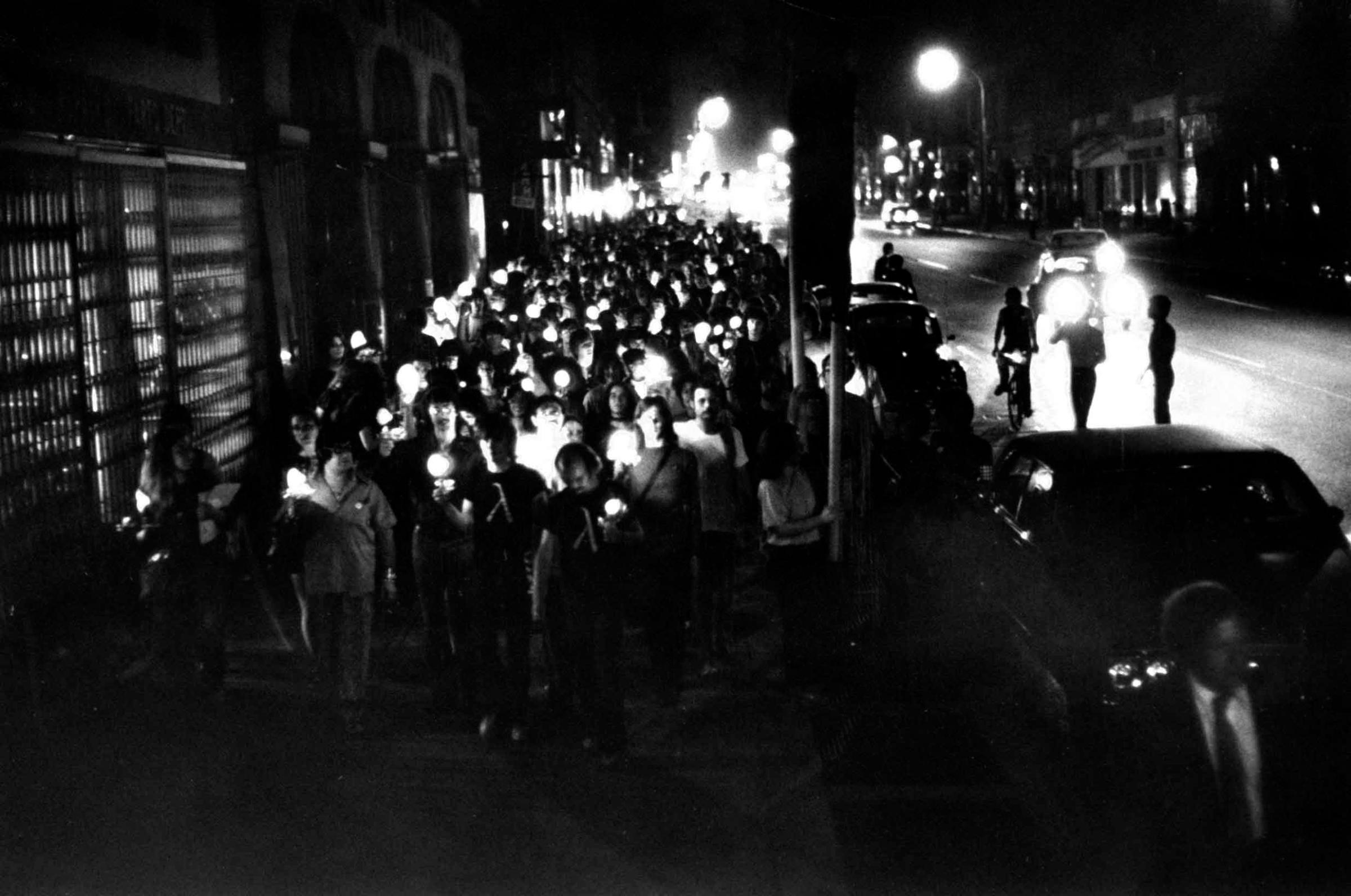
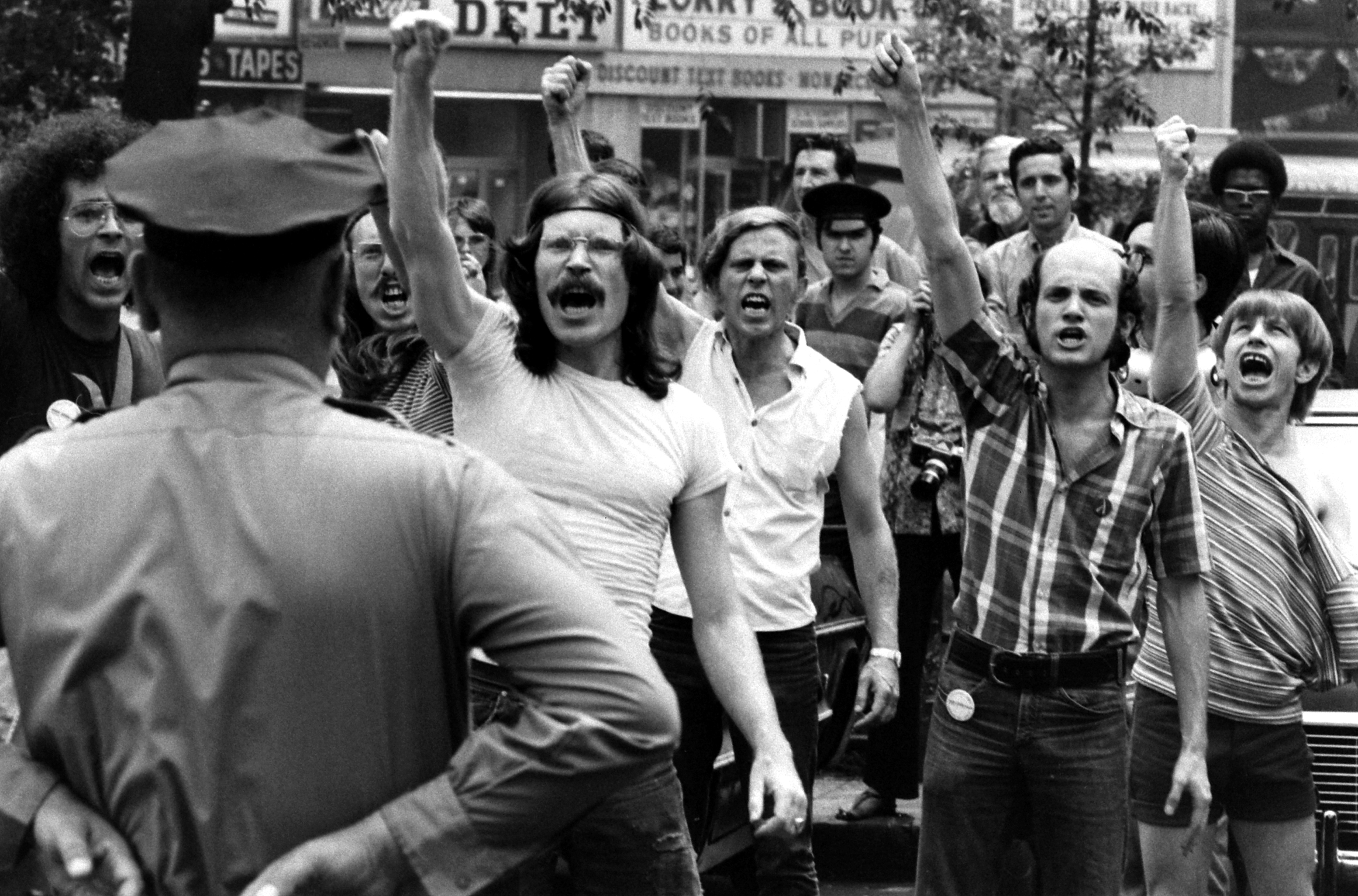
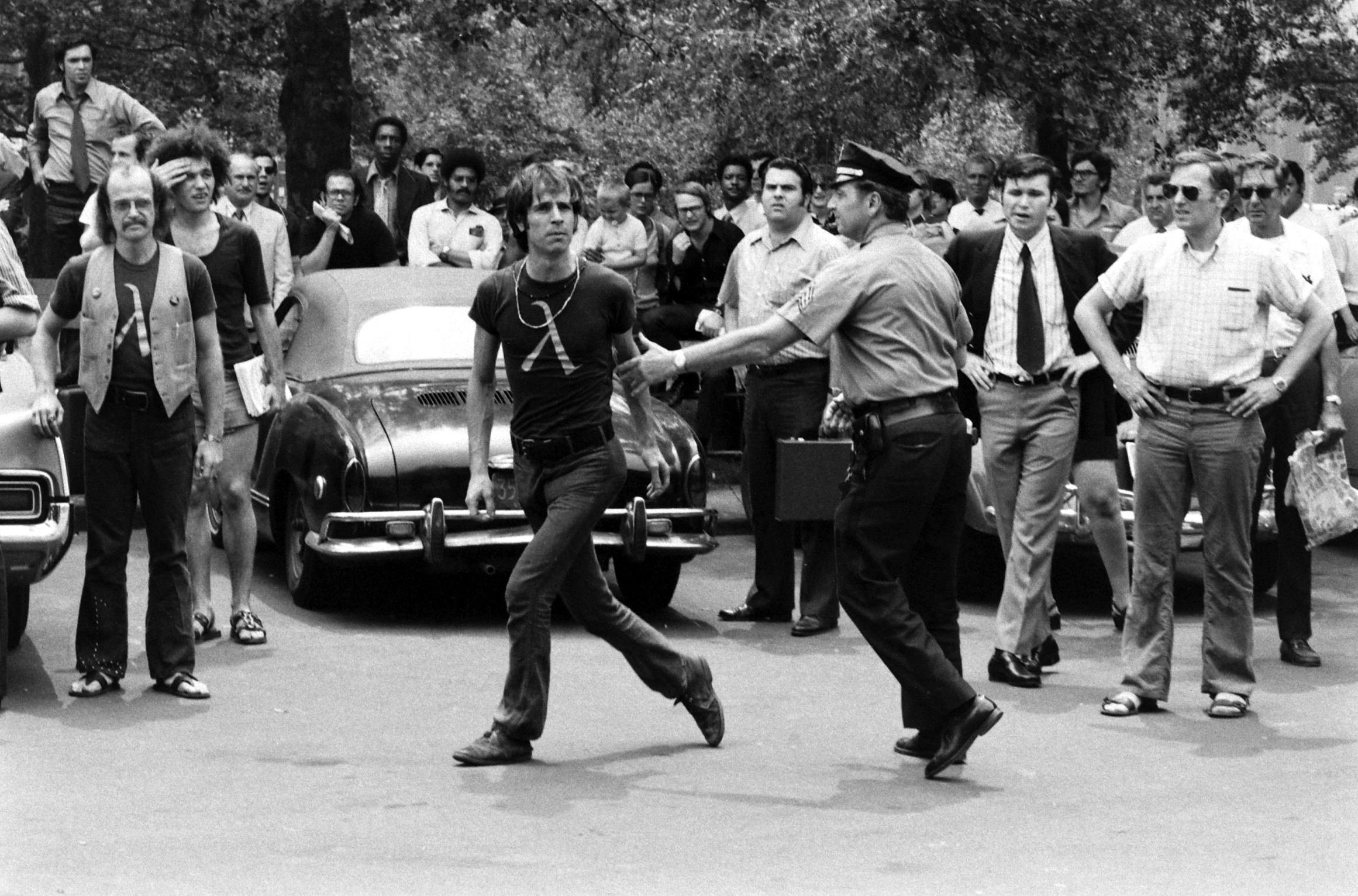
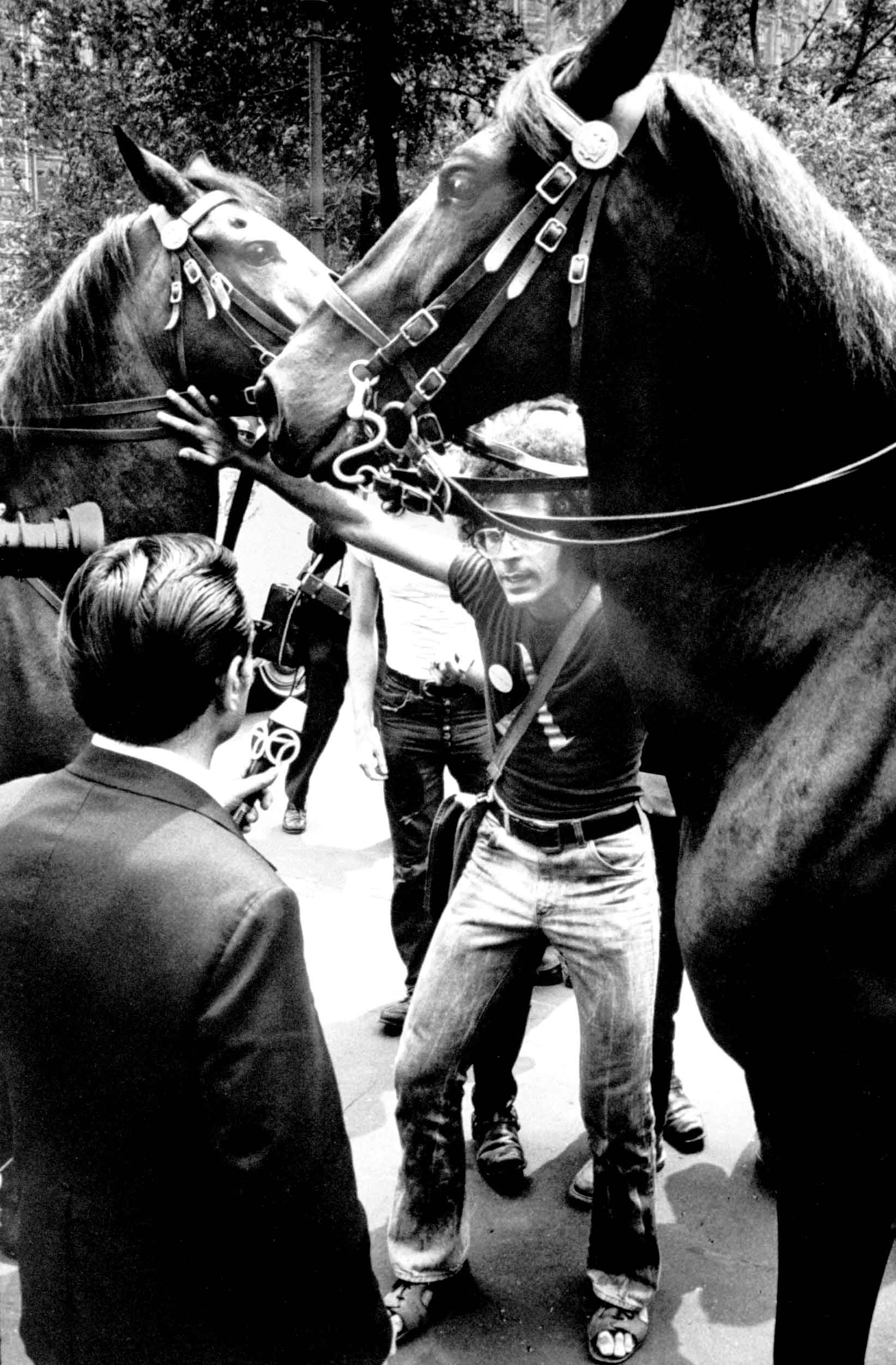
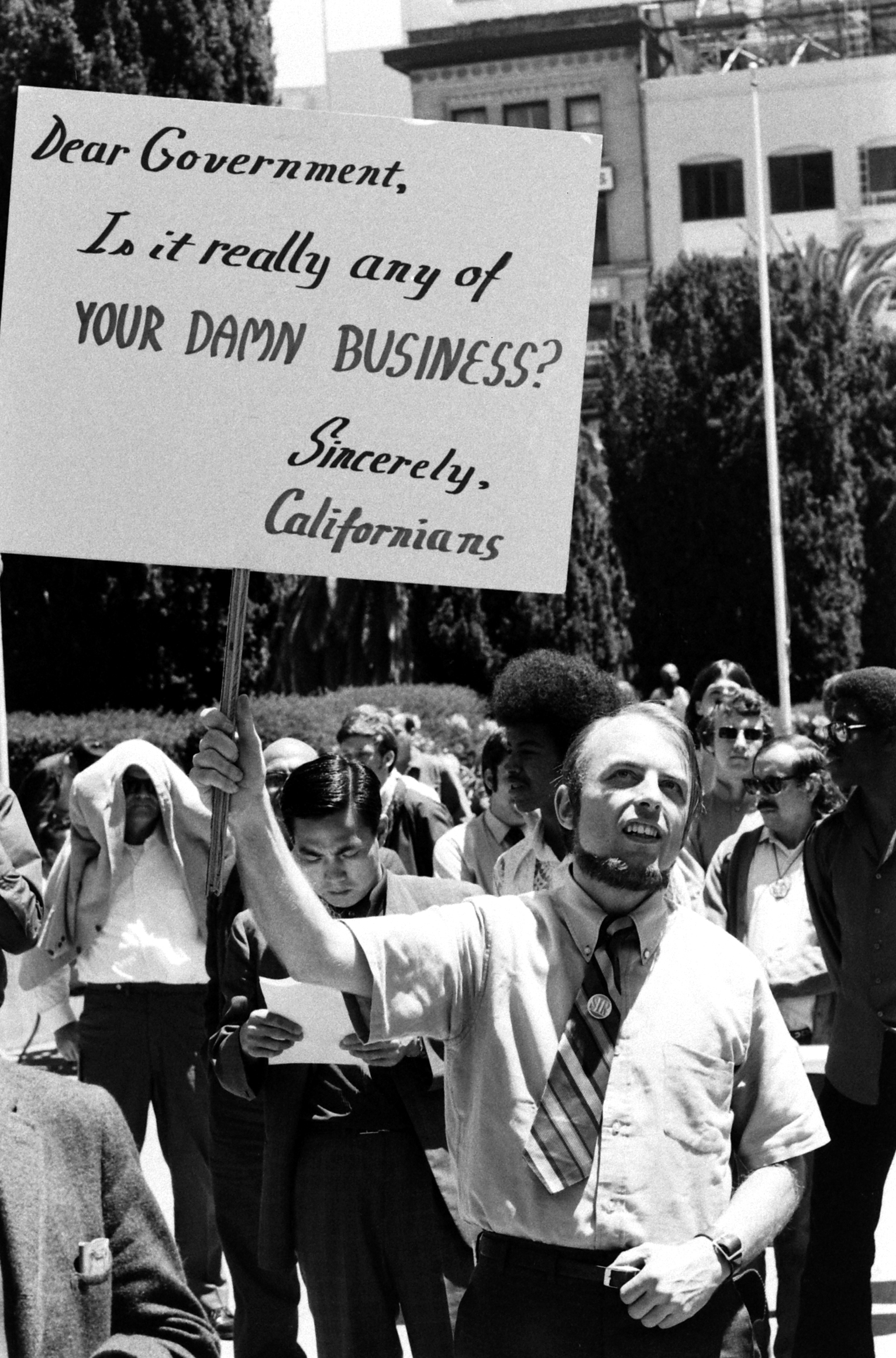
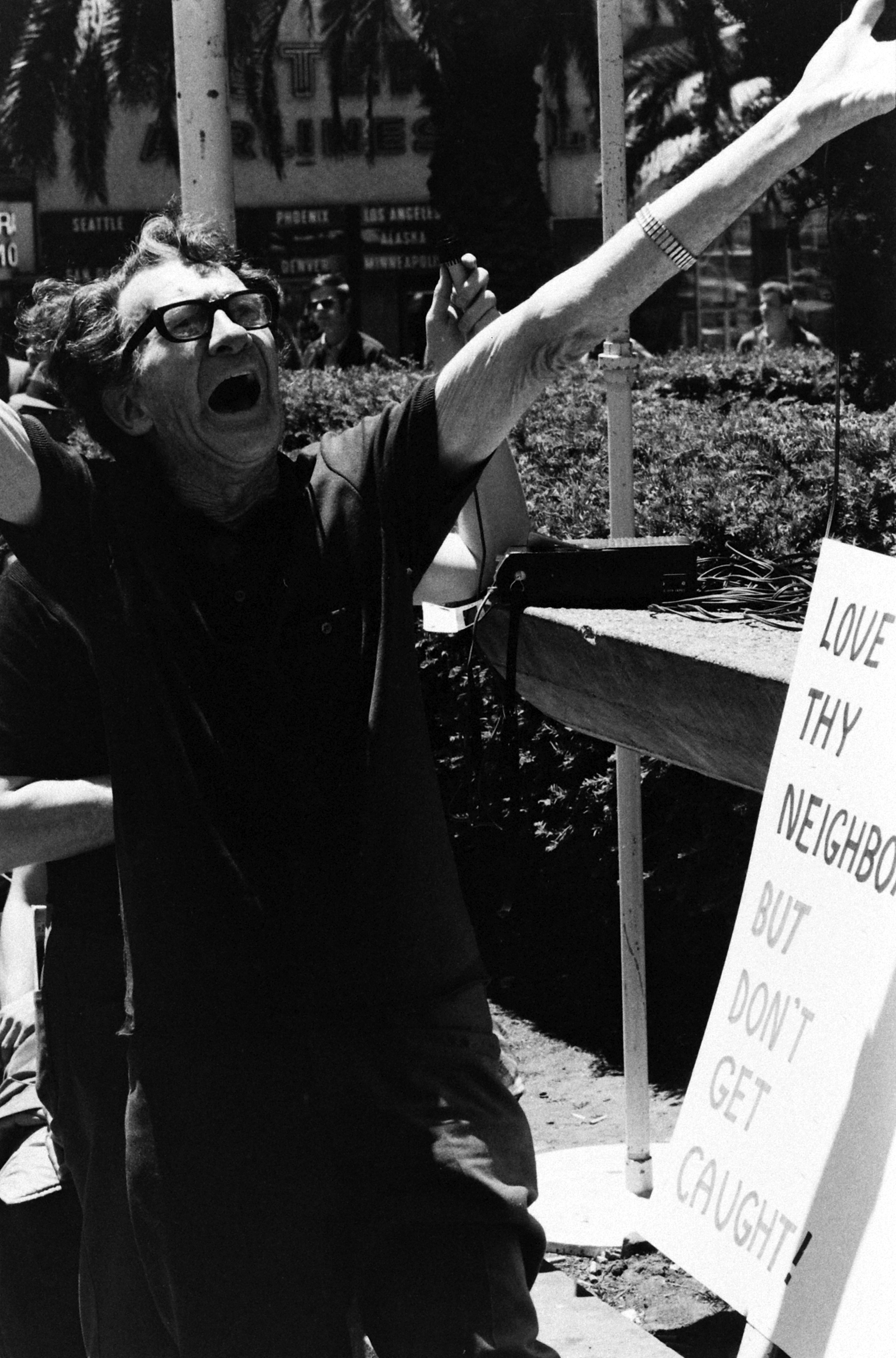
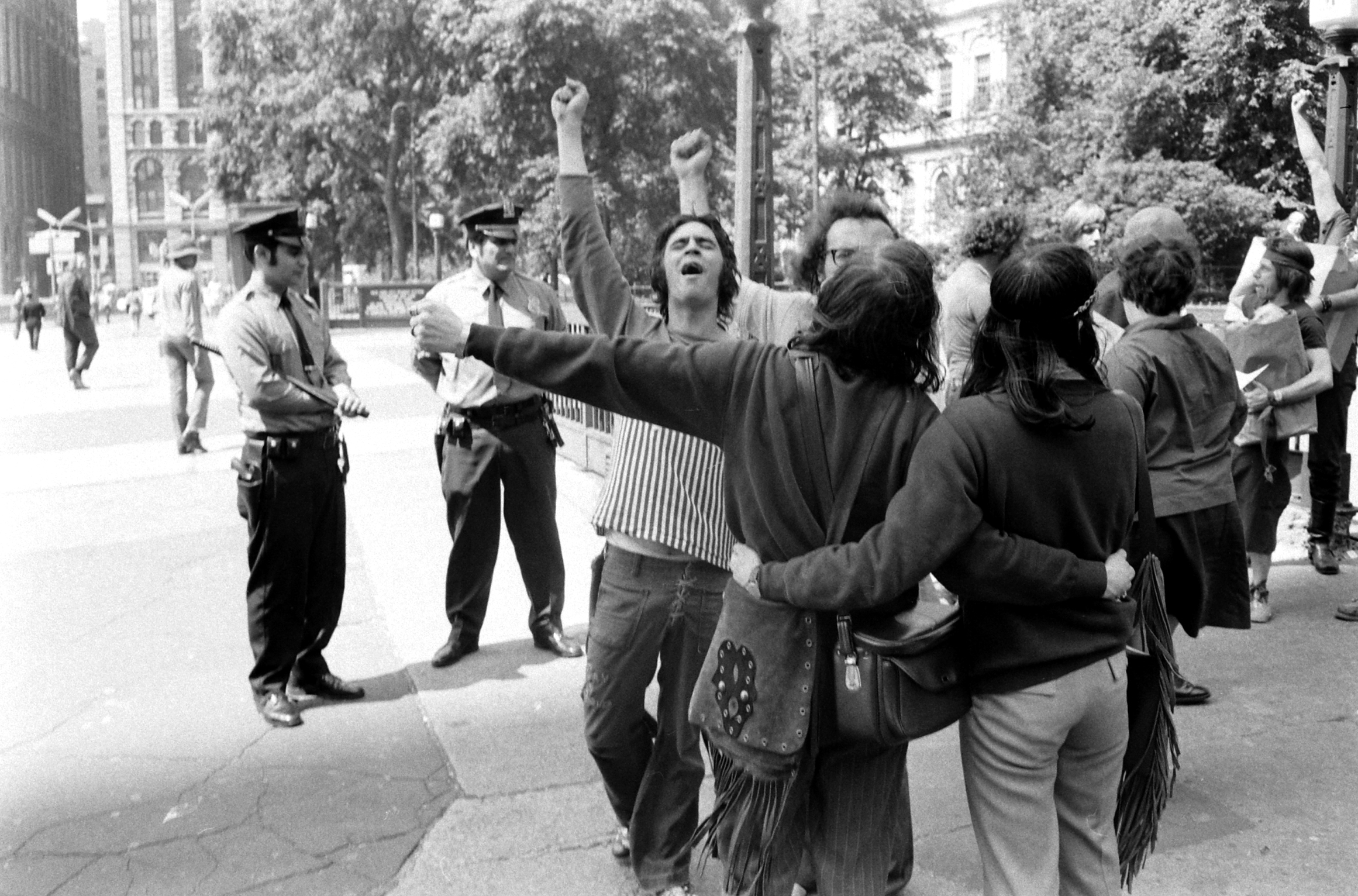
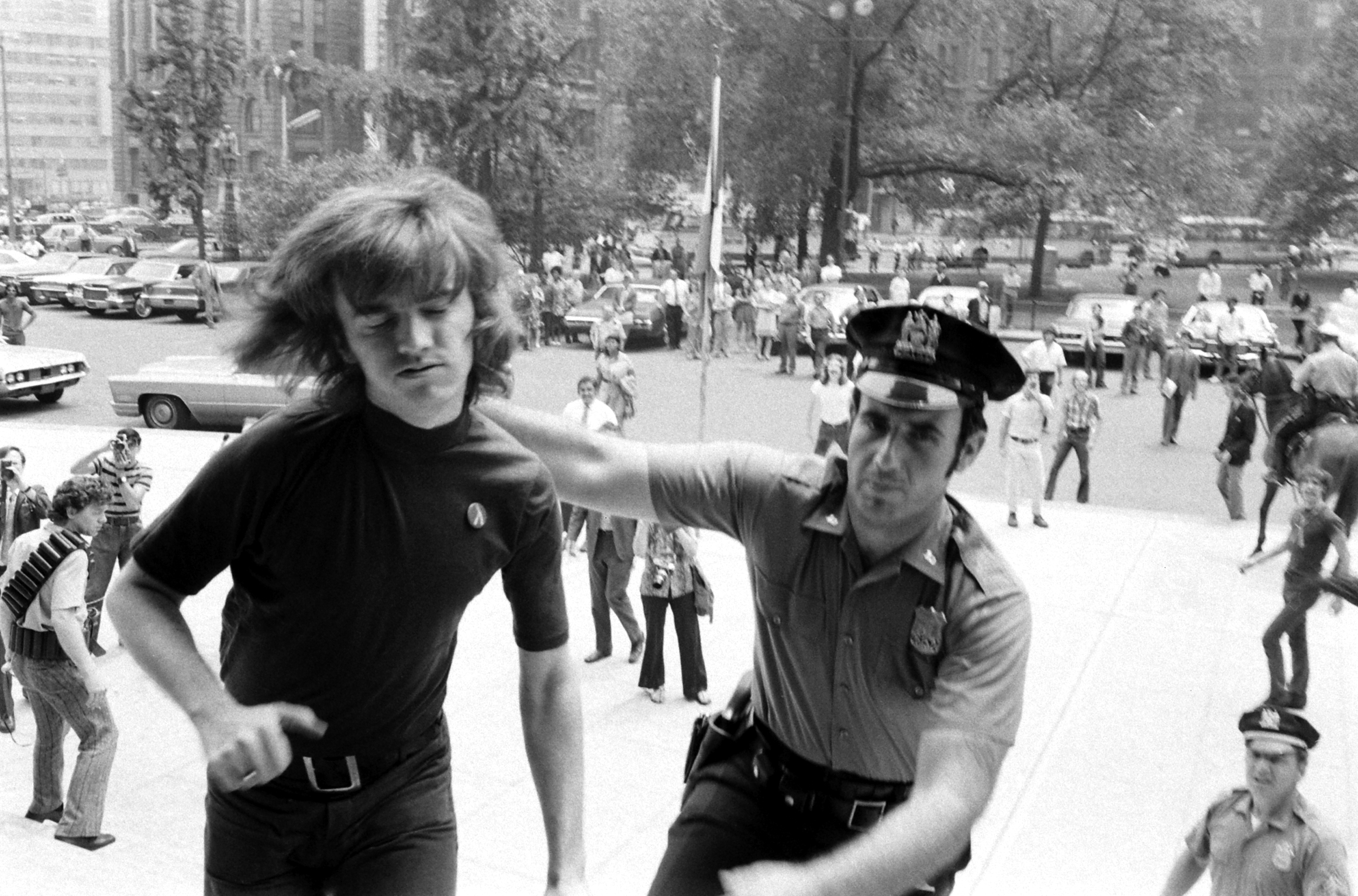
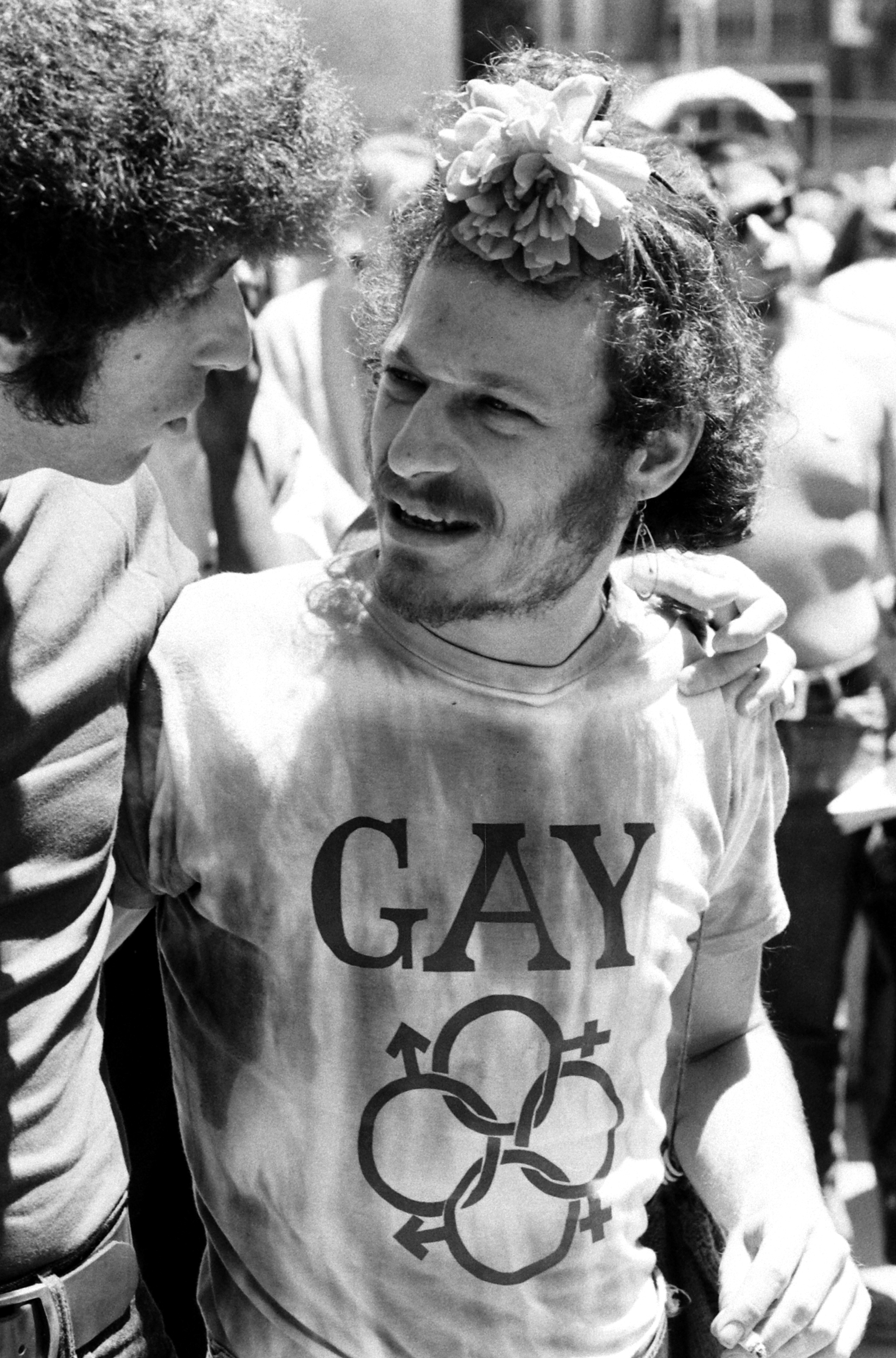
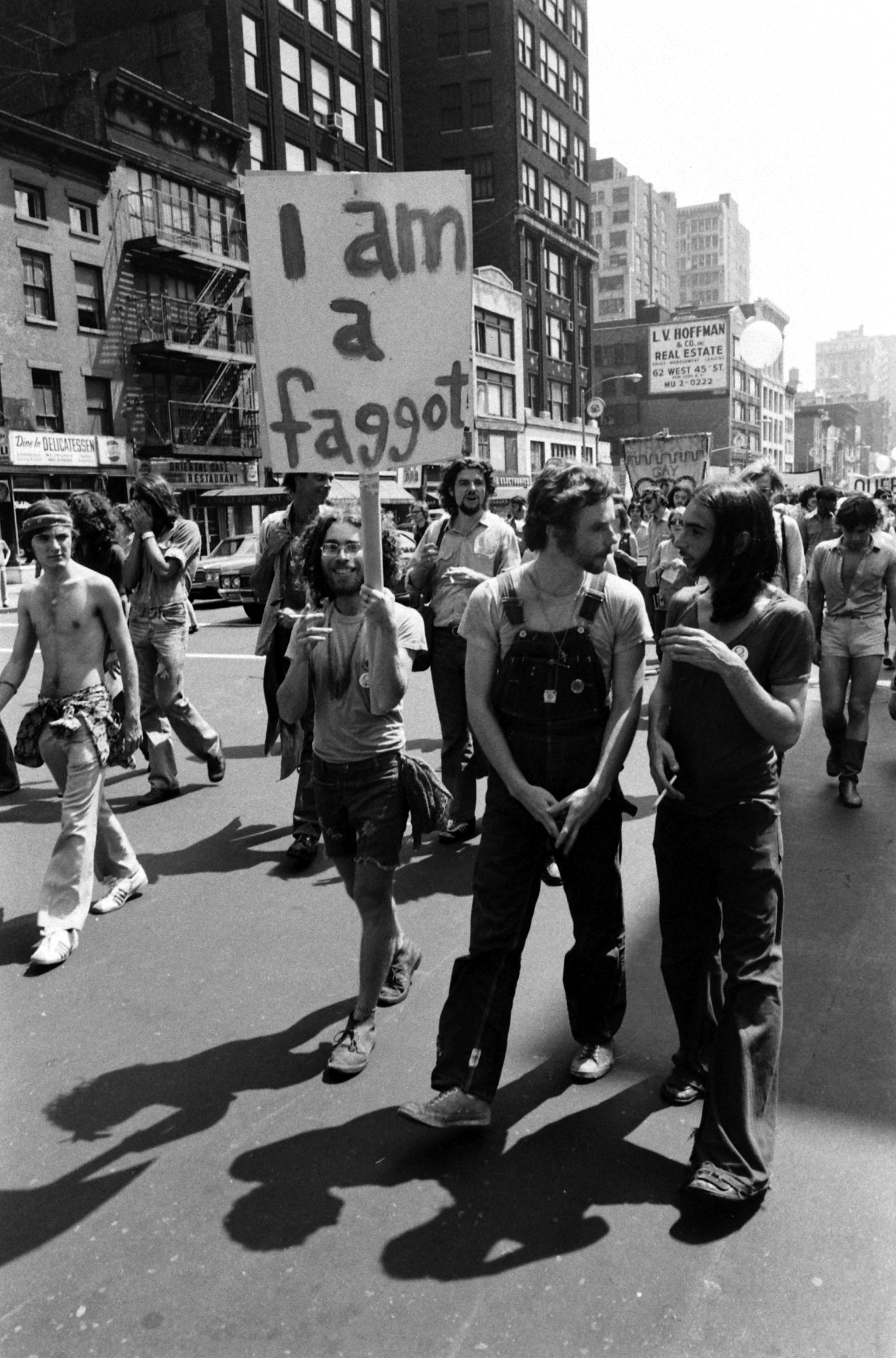
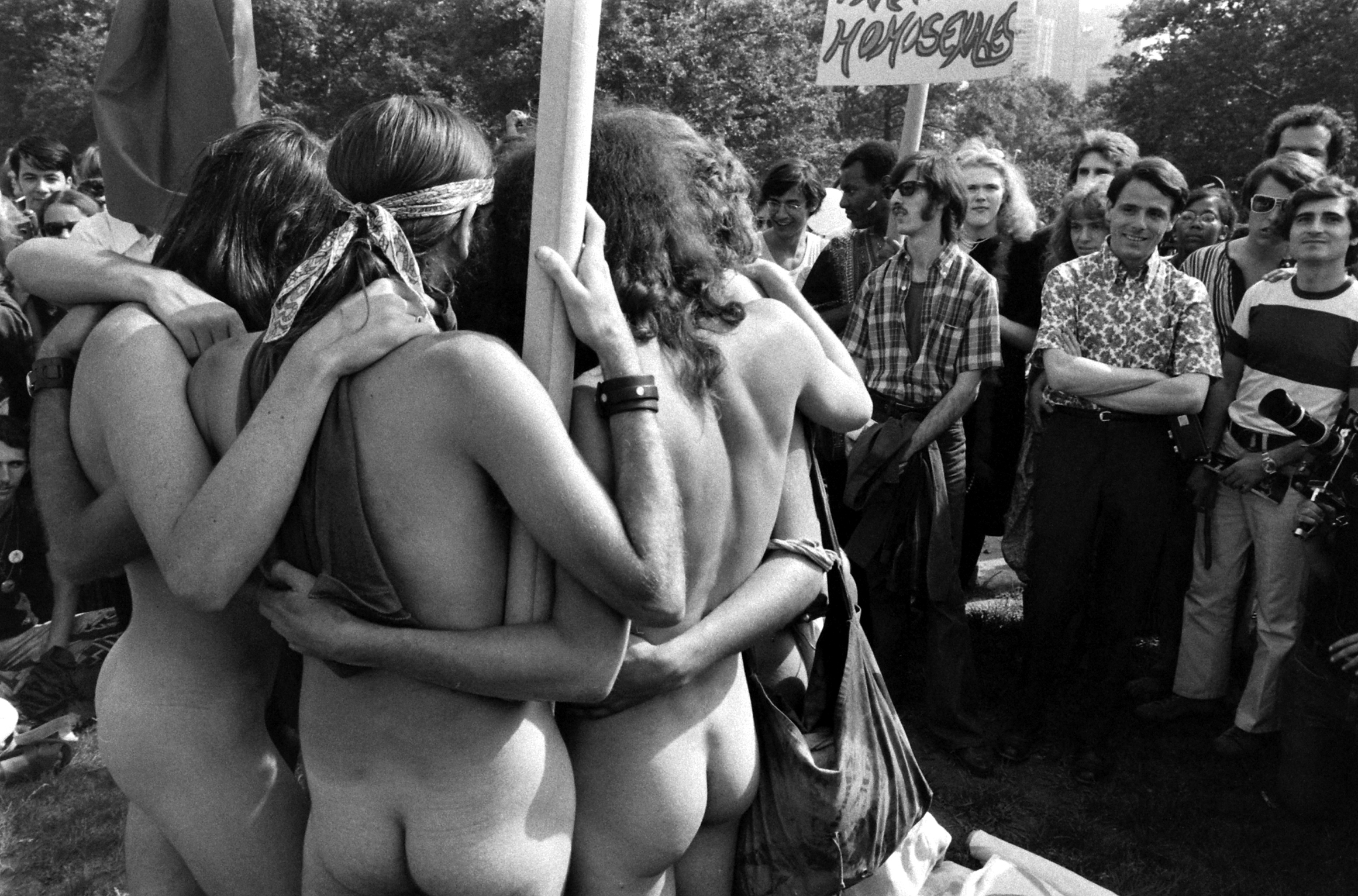
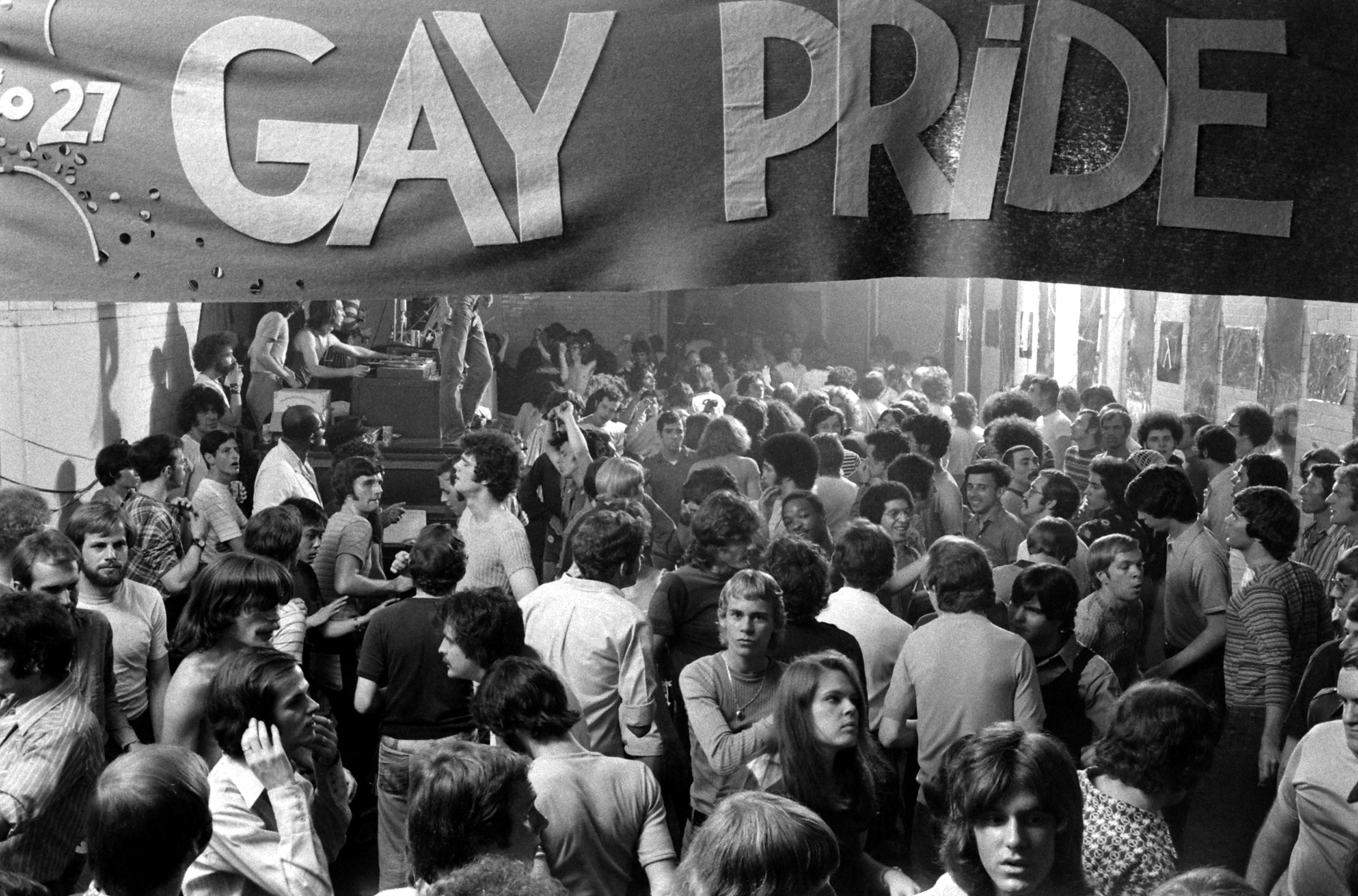
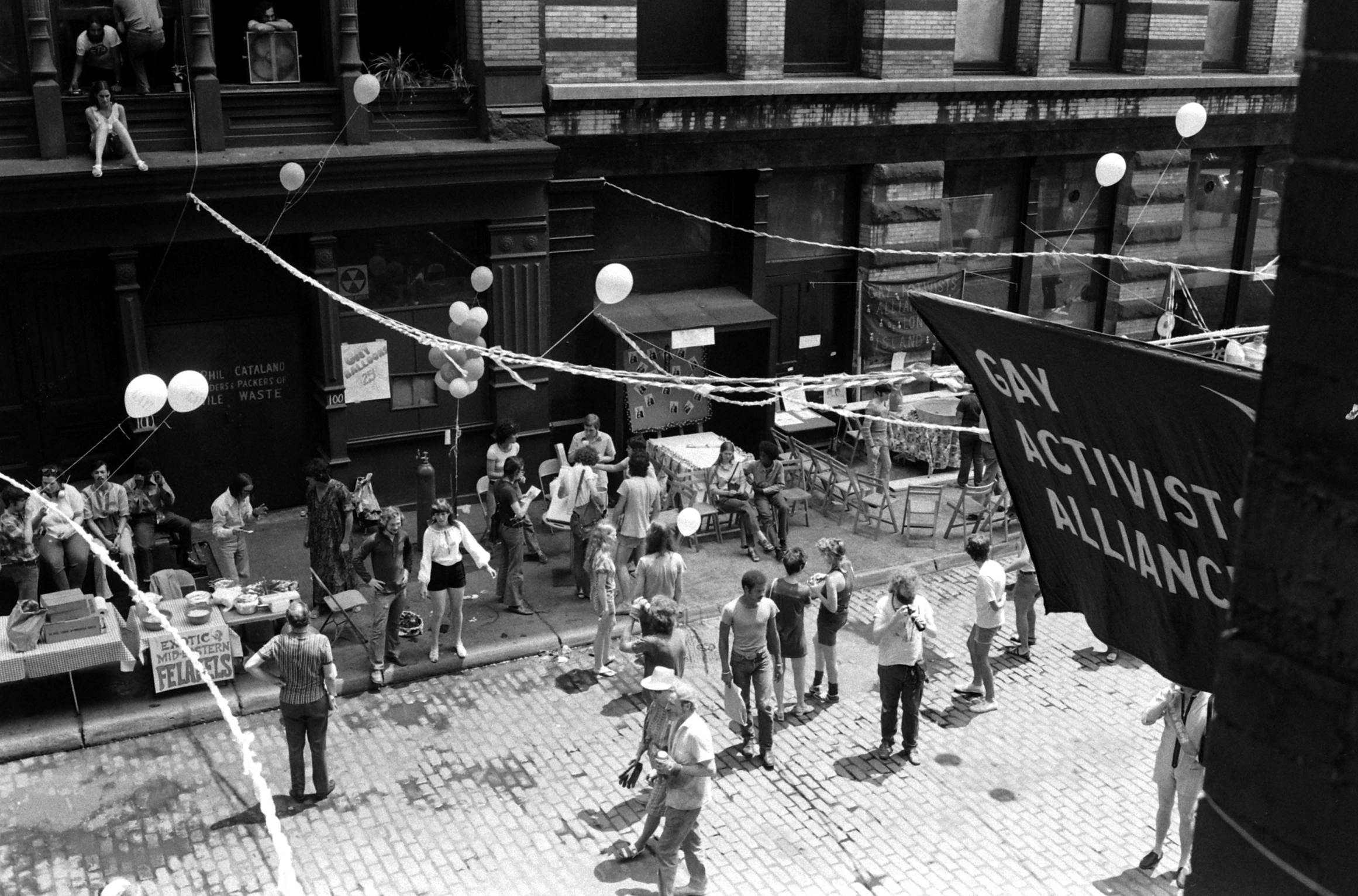
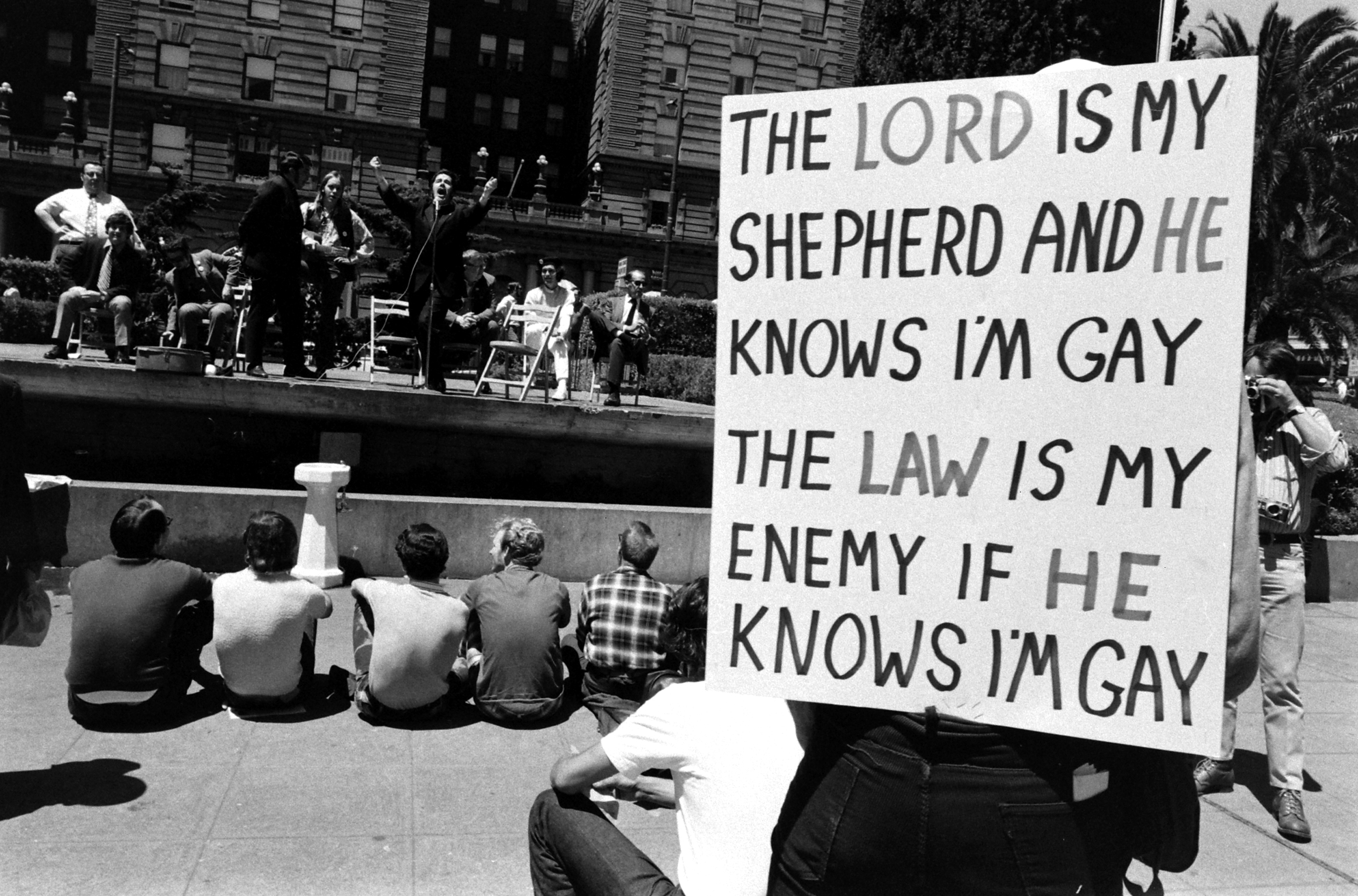
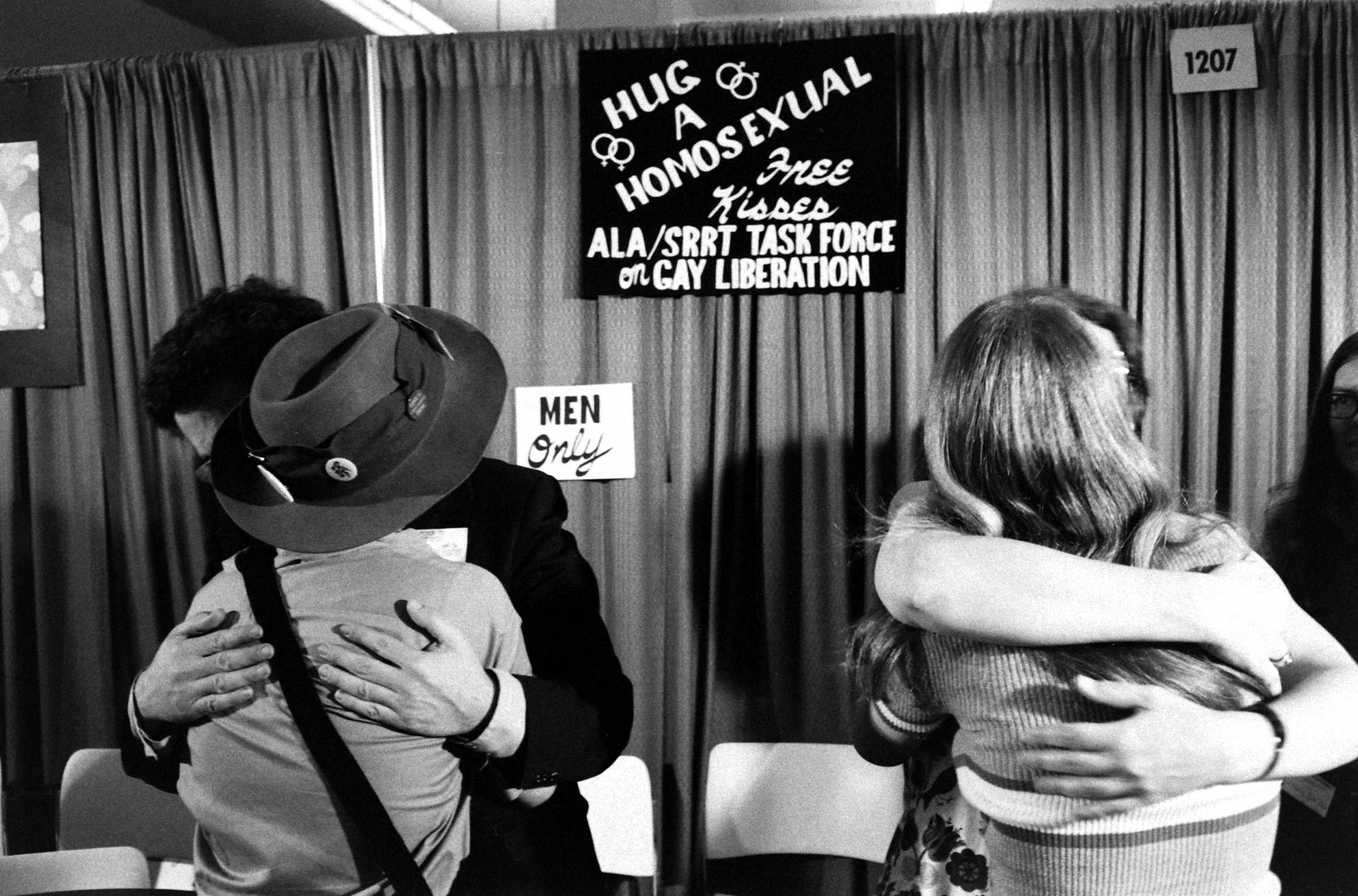
More Must-Reads from TIME
- Cybersecurity Experts Are Sounding the Alarm on DOGE
- Meet the 2025 Women of the Year
- The Harsh Truth About Disability Inclusion
- Why Do More Young Adults Have Cancer?
- Colman Domingo Leads With Radical Love
- How to Get Better at Doing Things Alone
- Michelle Zauner Stares Down the Darkness
Write to Philip Elliott / Las Vegas at philip.elliott@time.com